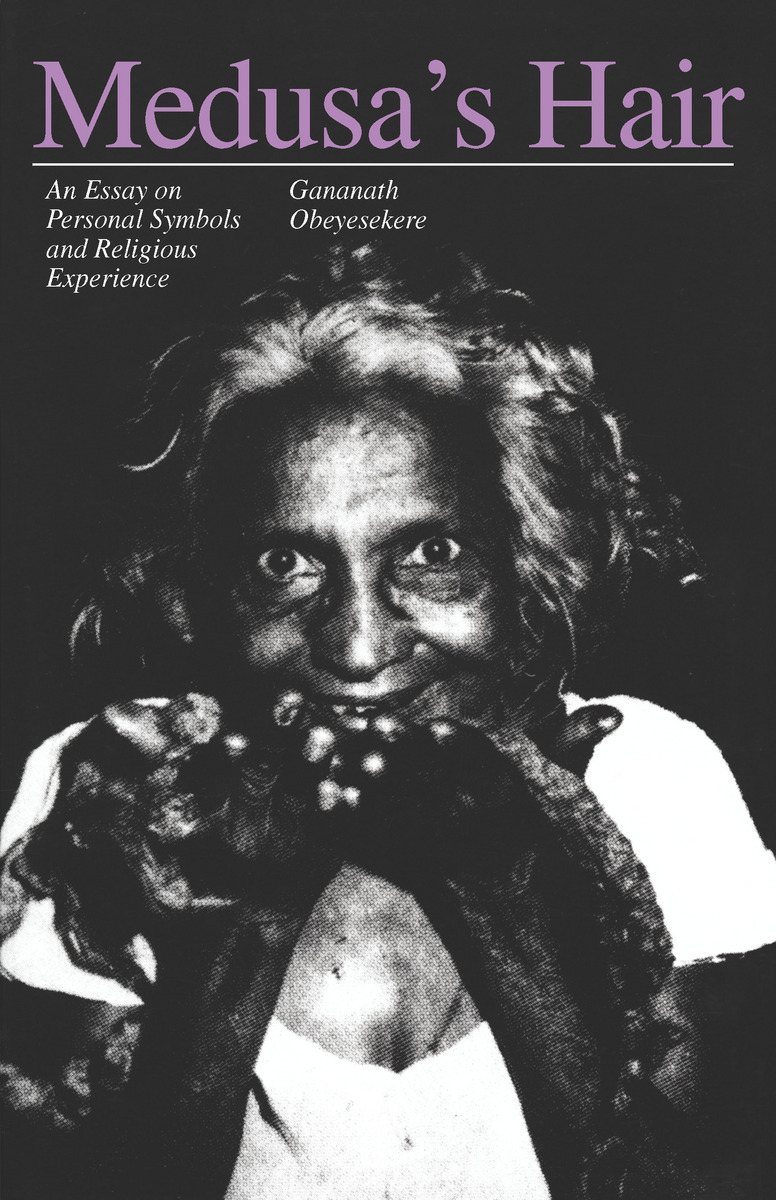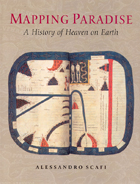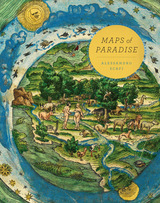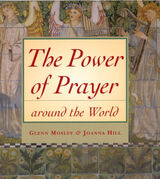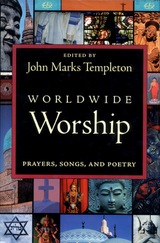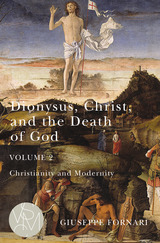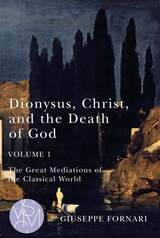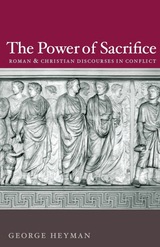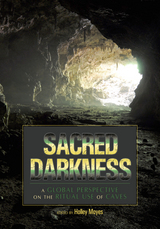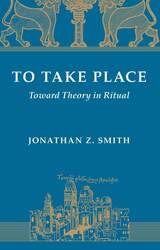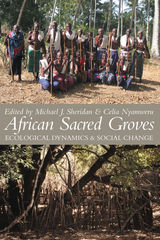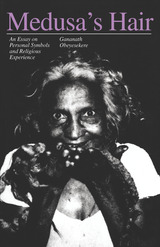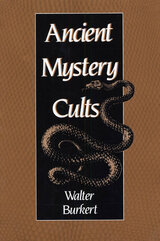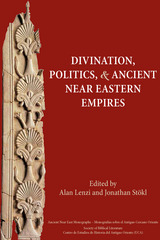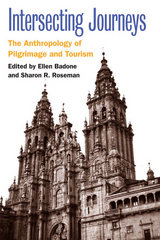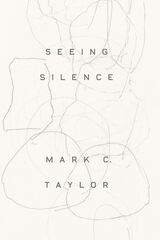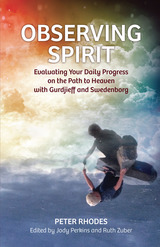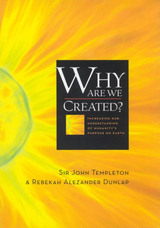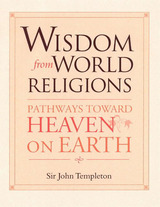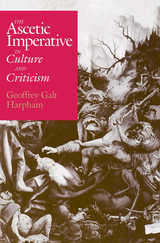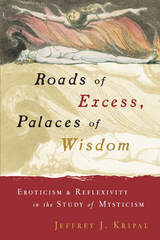Medusa's Hair: An Essay on Personal Symbols and Religious Experience
University of Chicago Press, 1981
Paper: 978-0-226-61601-8 | eISBN: 978-0-226-18921-5 | Cloth: 978-0-226-61600-1
Library of Congress Classification BL600.O23
Dewey Decimal Classification 306.6
Paper: 978-0-226-61601-8 | eISBN: 978-0-226-18921-5 | Cloth: 978-0-226-61600-1
Library of Congress Classification BL600.O23
Dewey Decimal Classification 306.6
ABOUT THIS BOOK | TOC | REQUEST ACCESSIBLE FILE
ABOUT THIS BOOK
The great pilgrimage center of southeastern Sri Lanka, Kataragama, has become in recent years the spiritual home of a new class of Hindu-Buddhist religious devotees. These ecstatic priests and priestesses invariably display long locks of matted hair, and they express their devotion to the gods through fire walking, tongue-piercing, hanging on hooks, and trance-induced prophesying.
The increasing popularity of these ecstatics poses a challenge not only to orthodox Sinhala Buddhism (the official religion of Sri Lanka) but also, as Gananath Obeyesekere shows, to the traditional anthropological and psychoanalytic theories of symbolism. Focusing initially on one symbol, matted hair, Obeyesekere demonstrates that the conventional distinction between personal and cultural symbols is inadequate and naive. His detailed case studies of ecstatics show that there is always a reciprocity between the personal-psychological dimension of the symbol and its public, culturally sanctioned role. Medusa's Hair thus makes an important theoretical contribution both to the anthropology of individual experience and to the psychoanalytic understanding of culture. In its analyses of the symbolism of guilt, the adaptational and integrative significance of belief in spirits, and a host of related issues concerning possession states and religiosity, this book marks a provocative advance in psychological anthropology.
The increasing popularity of these ecstatics poses a challenge not only to orthodox Sinhala Buddhism (the official religion of Sri Lanka) but also, as Gananath Obeyesekere shows, to the traditional anthropological and psychoanalytic theories of symbolism. Focusing initially on one symbol, matted hair, Obeyesekere demonstrates that the conventional distinction between personal and cultural symbols is inadequate and naive. His detailed case studies of ecstatics show that there is always a reciprocity between the personal-psychological dimension of the symbol and its public, culturally sanctioned role. Medusa's Hair thus makes an important theoretical contribution both to the anthropology of individual experience and to the psychoanalytic understanding of culture. In its analyses of the symbolism of guilt, the adaptational and integrative significance of belief in spirits, and a host of related issues concerning possession states and religiosity, this book marks a provocative advance in psychological anthropology.
See other books on: Essay | Hinduism | Religious life and customs | Rituals & Practice | Sociology of Religion
See other titles from University of Chicago Press
